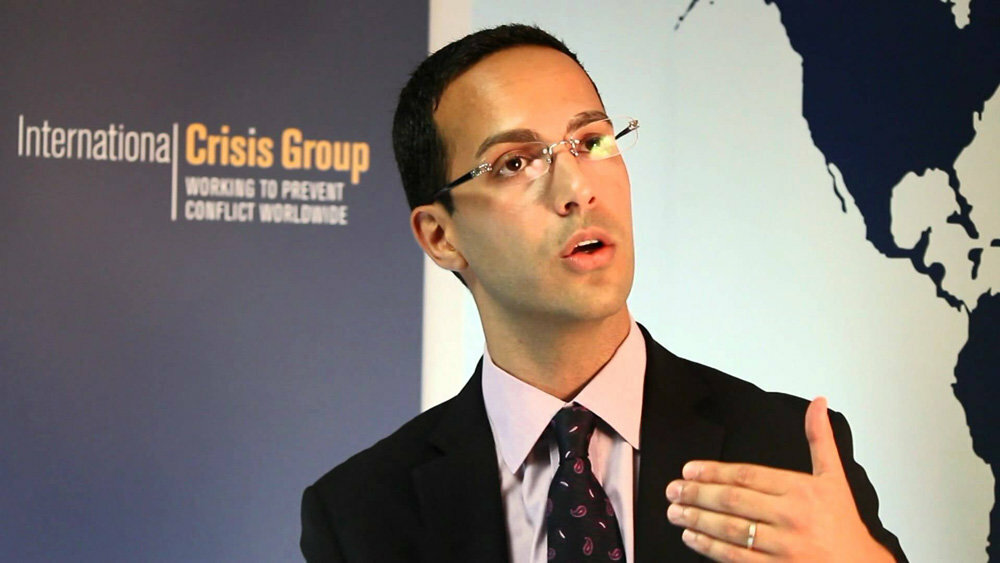European states can inject significant amount of export credit into INSTEX: expert

TEHRAN - Ali Vaez, director of the Iran program for International Crisis Group says that “European states have almost no influence on the risk calculus of their private sector and their financial sector is deeply intertwined with the US economy.”
“But they can inject significant amount of export credit into INSTEX to lift it off the ground and turn it into a meaningful channel. More EU states can also join in or establish similar mechanisms,” Dr.Vaez tells the Tehran Times.
Following is the full text of the interview:
Q: As a consequence of the fact that Europe could not completely stand by its commitments, Iran has taken the second step in suspending its commitments under the JCPOA. The reason for Iran's action is to profit from the benefits of the JCPOA. Can Europe stand to its JCPOA commitments?
A: There is a limit to how far Europe can go in shielding the Iranian economy from the effects of US sanctions. This is mostly because the European states have almost no influence on the risk calculus of their private sector and their financial sector is deeply intertwined with the US economy. But they can inject significant amount of export credit into INSTEX to lift it off the ground and turn it into a meaningful channel. More EU states can also join in or establish similar mechanisms.
Q: According to some reports, France has decided to try to conceive the United States to return to JCPOA. Can it be true?
A: Neither France nor any other country is likely able to restore status quo ante. But they might be able to facilitate discussions between Iran and the US. The problem is that President Trump does seem interested neither in multilateral frameworks nor in in sharing the credit with others. At best, mediators can try to deescalate tensions and buy more time in the hope that cooler heads prevail.
Q: We are witnessing the last breaths of JCPOA and its survival depends on Europe's commitment to secure the sale of Iranian oil and Iran's banking transactions. Can Europe accomplish this task or does it practically accompany with the United States?
A: It'd be a mistake to put all of the burden on Europe. China on its own can make or break Trump's maximum pressure policy. If China were to restore its own imports to the 2017-2018 levels, the boost would be sufficient for Iran to keep its economy afloat until the next US presidential elections.
Q: Although INSTEX proposed to be operational earlier, its utilization has been postponed by Europe on various pretexts. Paying attention to the fact that it is just proposed to be used for humanitarian aims, can it meet the needs of Iran?
A: Instex is a major undertaking and has an enormous political value for Iran, which has succeeded for the first time to get America's traditional allies in Europe to try to actively undermine its sanctions. It usually takes 2 years to establish a new bank in Europe. Instex, which is an incredibly complex mechanism, was established in 6 months. While it is not going to be a lifeline for the Iranian economy, it can have a significant impact if the E3 were to inject significant export credit into it. There might still be a way that EU-China cooperation could help inject Iran's oil revenue into the mechanism. But a smart Iranian strategy would pursue political incentives in Europe and economic incentives in Asia

Leave a Comment